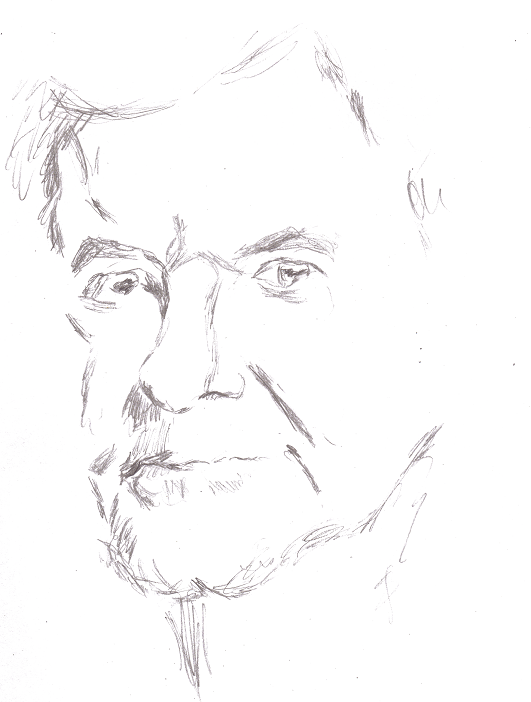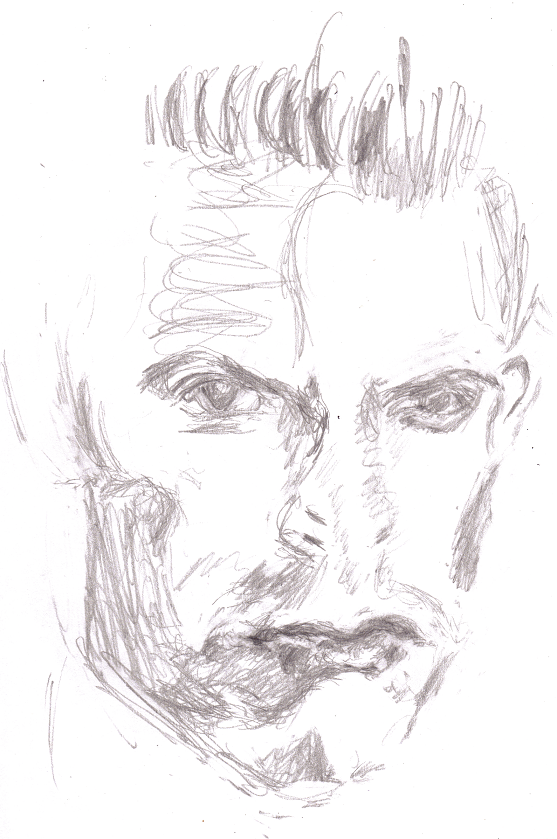Wow! What a contest last night in Iowa! Looks like no-one's giving
anything away this year - and so much the better, because this election
really matters.
One point to discuss is why a Canadian or someone from another country would
be so interested in the Iowa Caucuses (and now, New Hampshire and so on). Well,
I began to explain in my Dec 30 post about Ron Paul: it comes down to American
leadership.
American leadership started with the Revolutionary War. In modern history, the
Americans were the first known rebels to stand up to a superpower (England, of course)
and win. Not long later came the French Revolution, several in South America, and so
on. Fidel Castro was another who you could argue read George Washington's playbook.
(Hard to believe, in a way.)
Post revolution, the Americans spread other innovations. Their Constitution became
a model for any nation to study. Their economy, although fierce, was the envy of the world.
Henry Ford pioneered modern automobile manufacturing. The United States pushed the Allies to
victory in two World Wars. After World War Two, they helped both Germany and Japan back to prosperity.
Then they led the free world against Communism during the Cold War. At the same time, they pioneered
in the development of the integrated circuit and the personal computer.
It makes sense, therefore, that people all over the world look to the Americans for
solutions.
Today, the developed world's problems seem more subtle than a war or technology, but maybe
even more serious. Several industrial countries - including possibly the US, depending on
who you believe - are at risk of bankruptcy. Not to mention, all the social problems: providing
adequate education and health care, retirement funding, job creation, and even energy management.
The Americans face all those problems - bigtime. Other countries are watching how they
cope, hoping the US will come up with solutions that everyone else can use. People know the
Americans are daring enough to try just about anything that might make sense. They know the Americans
aren't afraid to fail; they'll just try something else next. It's that "pick yourself up" kind
of attitude that makes Americans unique: they seem able to afford failure in
a way that other cultures can't.
Here's a man who took a loss last night. He needs a comeback in New Hampshire. Ron Paul is
my candidate, but I think Newt Gingrich is a compelling character. I may not wish him a win in
New Hampshire, but I wish him well.
Wikipedia was a source for this article:
here and
here.




